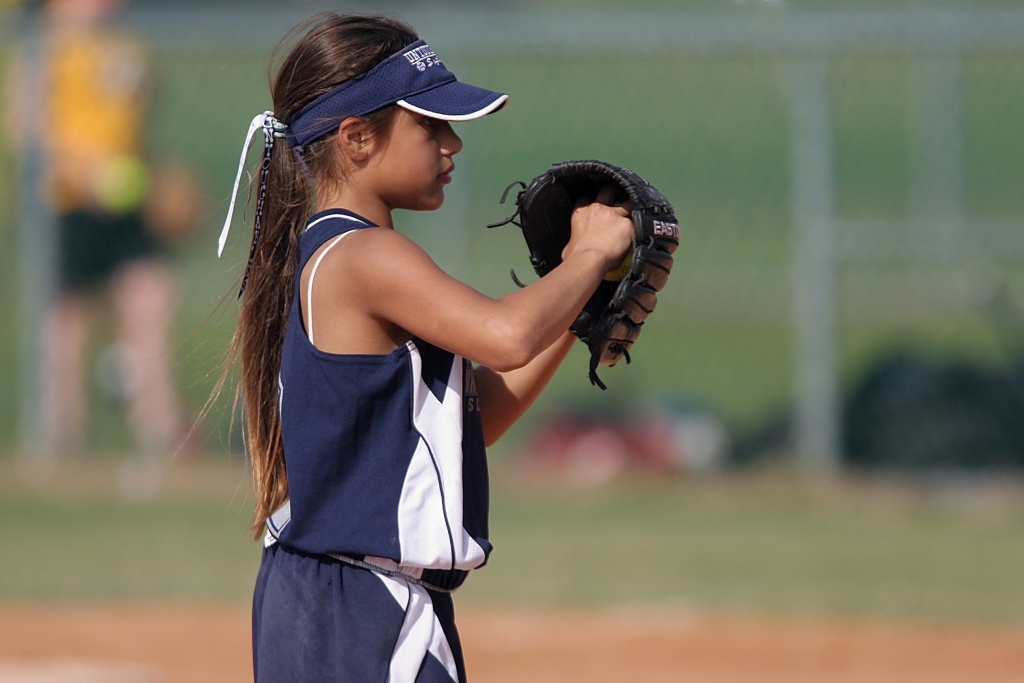
The month of April is a busy month for most families who enjoy sports. April is National Youth Sports Safety Month and is dedicated to helping raise awareness of sports injuries in kids while also helping parents, coaches and student athletes learn how to avoid injuries. With an estimated 25 million scholastic, and another 20 million organized community-based youth programs in the United States, the opportunity for injury is enormous.
It’s the perfect time to bring some safety awareness to the track meets, ball games, and playing fields at school and in our communities.
Here are some important tips for coaches, parents, and kids (1):
- Before playing organized sports, make sure young athletes receive a pre-participation physical exam, or PPE, by a doctor. This can help rule out any potential medical conditions that may place kids at risk.
- Meet with the coach or playground supervisor (or gym teacher) to let them know about any issues your child has, including asthma or allergies.
- Bring a water bottle to practice and games. Encourage children to stay well hydrated by drinking plenty of water before, during and after play.
- Stretching before practice and games can make a big difference by releasing muscle tension and helping prevent sports-related injuries, such as muscle tears or sprains. Make sure there is time set aside before every practice and game for athletes to warm up properly.
- Coaches should be certified in first aid and CPR, learn the signs and symptoms of a concussion and help avoid overuse injury by resting players during practices and games.
- Know the signs of heat-related illnesses. Heat exhaustion and heatstroke are serious medical issues that can lead to coma and even death of not promptly treated. Signs and symptoms include headaches, dizziness, nausea, vomiting, muscle cramps, lack of sweating, confusion and shortness of breath. Heatstroke also causes the body's temperature to rise dramatically.
- Be sure your child wears the appropriate sports safety gear, and make sure it fits them properly. When gear doesn't fit right, it can't provide the protection your child needs to help prevent injury.
- Include "days off" in your child's routine. Periods of rest allow the body to heal, which can be very important in preventing overuse injuries and muscle strains that can lead to other, more serious injuries. It's also important for kids to take breaks during competitive play and practice.
Youth sports are a great opportunity for your child to make meaningful friendships and memories that will last a lifetime. Kids who participate in sports love to give it their all and following these safety tips will help make sure they’ll be able to do so all season long!
(1)- Safe Kids Worldwide